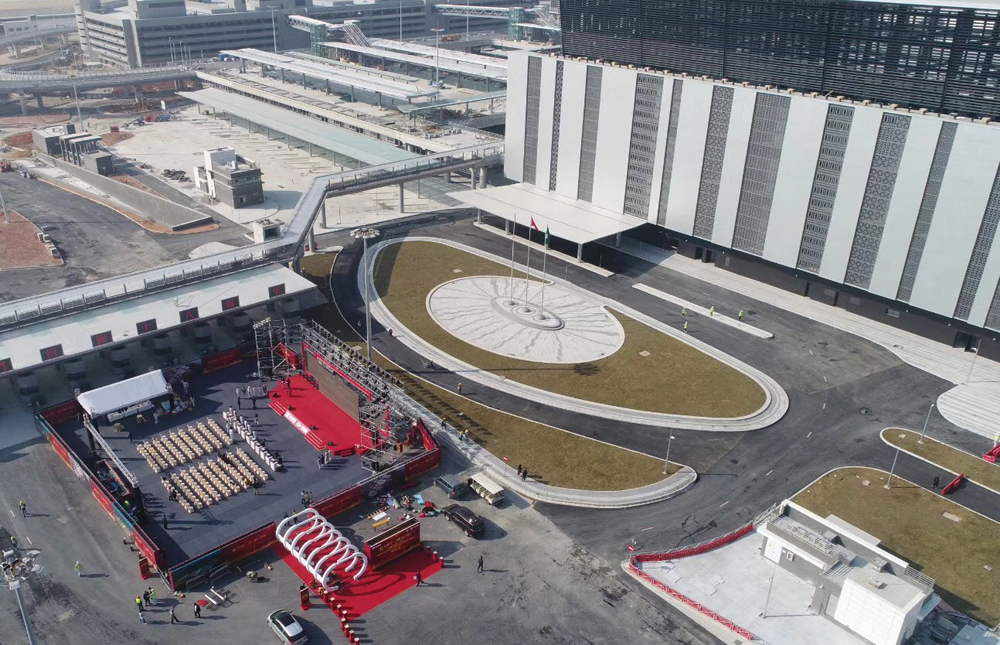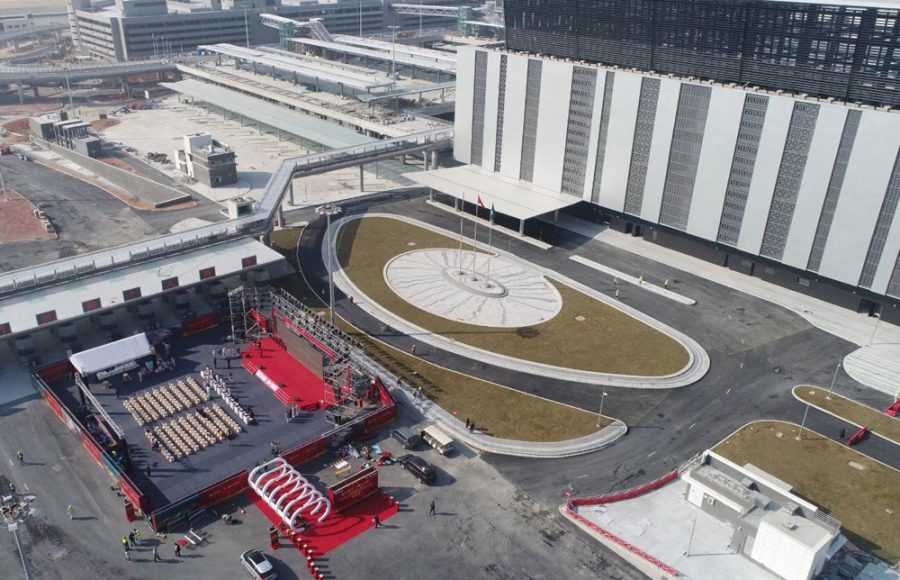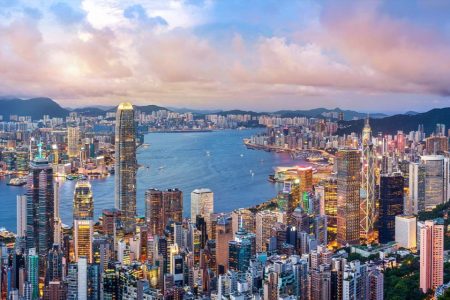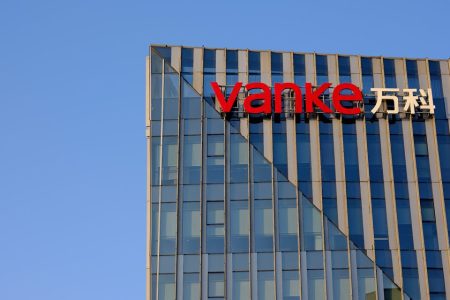The Macau government is putting all its efforts into completing the Macau boundary crossing area of the Hong Kong-Zhuhai-Macao (HKZM) Bridge before the end of the year, according to an official statement.
The construction of the Macau boundary crossing for the bridge cost MOP10 billion (US$ 1.25 billion). Its facilities are ready to trialled, following a ceremony held on Monday in Zhuhai by the government of Macau.
The government will closely liaise with Hong Kong and Guangdong authorities on the exact date of the launch of the cross-delta bridge, which is to be approved by the Central Government.
Construction of Macau’s boundary crossing area is on schedule. The structure will enter into operation on the same day the bridge opens to the public.
The works of the Macau boundary crossing area, located on one of the bridge’s two artificial islands commenced in December 2016. The boundary area covers 71.6 hectares, with a six-storey building for customs clearance; and two public car parks – located respectively at the east and west end of the artificial island – with a total of 6,800 spaces for private vehicles and another 2,000 for motorcycles.
Facilities at the Macau boundary area also comprise: 53 buildings for municipal use; and around 200,000 square metres of space dedicated to infrastructure including the road network, tunnels, flyovers, and railway platforms.
An agreement, endorsed by both the Guangdong Provincial Government and the Macau Government, commissioned Chinese Group Nam Kwong Company Limited to build and manage the area.
Macau’s boundary crossing area is the largest in terms of gross floor area within the HKZM Bridge, namely compared to the boundary crossing areas of, respectively, Hong Kong and Zhuhai.
According to the government statement, shuttle buses will be used between the Macau and Hong Kong boundary crossing areas, and between the Hong Kong and Zhuhai boundary areas.
Macau-Hong Kong cross-boundary transport services fall into the following categories: trucks, buses, taxis and private vehicles. The latter three categories are subject to quotas in terms of right of use.
Regarding Hong Kong-Macau bus services, there will be an aggregate of 50 quota rights to operate services on a daily basis, meaning 34 for Hong Kong entities and 16 for Macau entities.
The respective Macau and Hong Kong authorities will announce more details in due course once decisions on quotas for taxi services and for private vehicles are made.
Customs clearance between Macau and Zhuhai will be carried out on a “Joint Inspection and One-time Release” principle, in order to make the process efficient for travellers using the Hong Kong-Zhuhai-Macao Bridge.
Under the new inspection system, travellers will be required to pass border controls only once, in order to complete the departure and arrival formalities.
Details of customs clearance will be announced soon by the Hong Kong-Zhuhai-Macao Bridge Authority.






